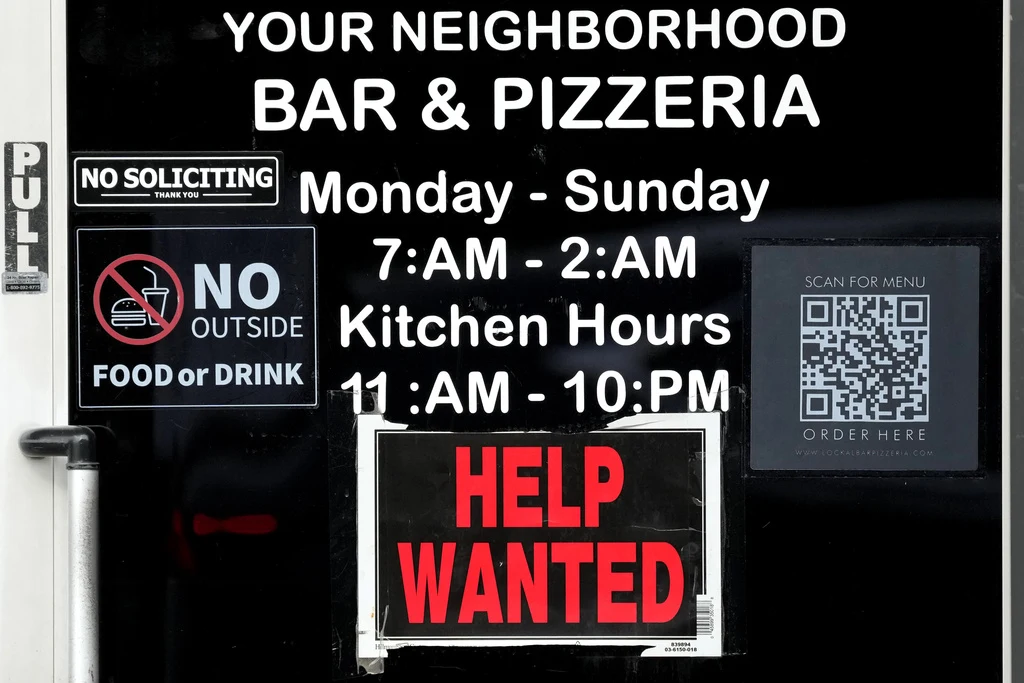“Taking a risk of being nerdy or caring too much or getting excited about something or being too honest is what mid-talk is all about.”
Why is medium talk important?
For Enfield, this idea of medium talk illustrates a modern dilemma.
“For most people nowadays, we’re living in a society that is so large that every day, all the time, we’re meeting complete strangers.
“So we’re trying to navigate that and figure out ‘well, OK, I don’t actually have an established relationship with this person, we don’t have any common ground, so how do I talk to them?’”
Mastering medium talk then, while tricky, is central to how we connect with one another in our increasingly fragmented world.
And since medium talk is more personal, it can also be a bridge to friendship.
“60 years of research has found that self-disclosing more personal information is more pleasing – we like people more who we self-disclose to and more self-disclosure tends to make us like others more,” says Hall.
Obviously, this only matters if the other person takes the bait – so “mid-talk has the potential to accelerate making friends through conversation.”
In a study on the hours required to make a new friend, co-authored by Hall, joking around, catching up and meaningful discussion were all found to accelerate the process.
But this doesn’t mean we should discount small talk. Hall, who has written about the idea of a “social biome” – the complex ecosystem of our interactions with others – says small talk plays an important role in nurturing it.
“Research suggests that it is a low social energy way to keep in touch with people who share your social space and share observations about a mutual reality,” he says.
“Small talk also conveys to the other person that they are worth talking to and are welcome in our shared space.”
How to make medium talk
Curiosity is key to medium talk – and to most good conversations for that matter.
“Find out what they know,” suggests Enfield, “and then you actually learn something from them.
“Everyone knows about something.”
And while most of us have a tendency to ramble on about ourselves, Enfield recommends avoiding long monologues.
Of course, the risk involved in disclosing more about ourselves can lead many of us to shy away from deeper conversations for fear of rejection.
Loading
But Hall says the pay-off is often worth the risk.
“Being a responsive and inquisitive conversational partner is the thing we have the most control over in conversation; we cannot control how someone else will respond to what we say,” says Hall.
“The good news is, people want to know more about someone who has been a good conversational partner to them. The social energy you put into others often comes back around in the end.”
Make the most of your health, relationships, fitness and nutrition with our Live Well newsletter. Get it in your inbox every Monday.







